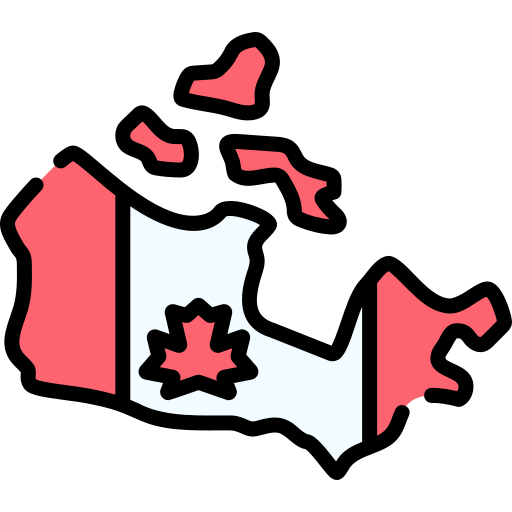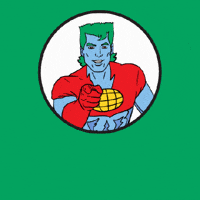Do you find yourself worrying about our Earth's future?
Do you love solving problems and conducting lab experiments?
If the answer is "yes!" then you might consider becoming an environmental scientist!

What does an environmental scientist do?
Environmental scientists solve environmental problems for governments or businesses.

You might be thinking: OK, but how?
They...
gather environmental data (soil, water, air, etc.)
analyze data to determine problems that may have a negative environmental impact on things like plants and animals
create solutions, prevention plans, and conservation plans
advise businesses on lessening environmental problems
advise governments on environmental and conservation regulations
Where do environmental scientists work?
in labs with the data gathered by technicians from various environments in the field
outdoors gathering samples
in offices (for example, governmental offices)
How do I become an environmental scientist?

You'll need:
a minimum of a bachelor's degree in environmental science
core courses in biology, chemistry, geology, and math
lab and field experience, which you'll complete as part of your upper level courses
How much will I get paid?

In the US, environmental scientists make a range of $46,200-192,070 with an average of $76,530 per year.

In Canada, the pay range is $44,000 to $81,000 with an average of $57,047 per year.
Become an environmental scientist if...
you're analytical and enjoy solving problems that are impacting the earth such as reducing pollution or limiting climate change
you enjoy and are great at writing and communicating
you like to work on a team that's as passionate as you are about the health of the environment
You might want to consider another career if...
you want to work from home or a desk job
you like to work alone
you prefer to work in a comfortable setting or indoors

Quiz
All four of the students below are passionate about the environment but aren't sure what career path to take. Who might make a good environmental scientist?
Take Action

Are you ready to start your environmental science career?
Your feedback matters to us.
This Byte helped me better understand the topic.


